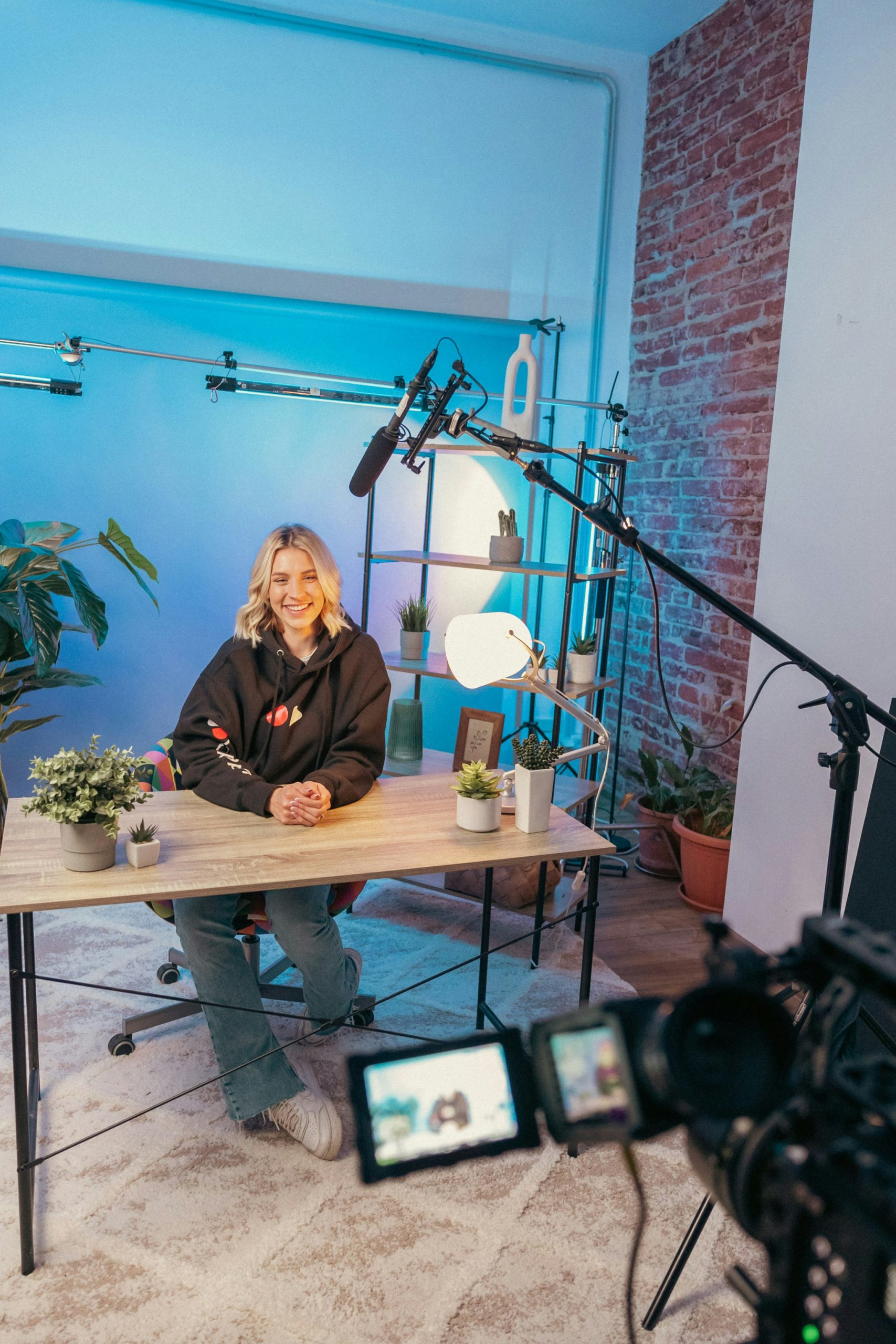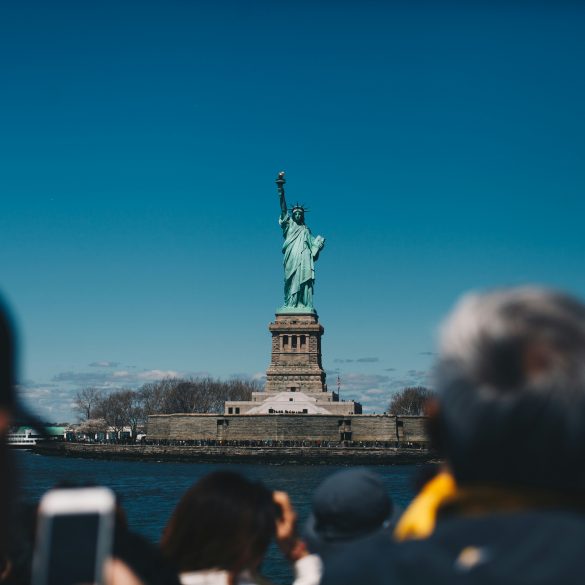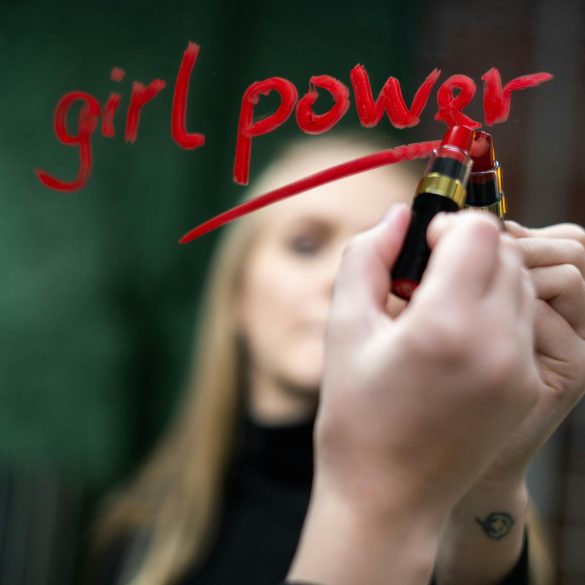Rising TikTok Stars Who Are Becoming A-List Celebs
Honestly, I never thought I’d be writing about TikTok stars becoming legitimate A-list celebrities when I first started covering entertainment trends five years ago. Back then, most industry insiders—myself included—viewed TikTok as just another fleeting social media platform. Boy, were we wrong.
The landscape has shifted dramatically, and I’m absolutely fascinated by how these digital creators are rewriting the rules of celebrity culture. What struck me most during my recent interviews with talent agents and casting directors is how seriously Hollywood now takes TikTok influence. We’re witnessing something unprecedented: a generation of performers who’ve bypassed traditional gatekeepers entirely.
Key Insight
According to recent industry reports1, over 60% of Gen Z consumers discover new entertainment content through TikTok, making it the most influential platform for celebrity discovery among younger demographics.
The transformation isn’t just about follower counts anymore—it’s about genuine crossover appeal. I’ve watched countless creators attempt the jump to mainstream success, and frankly, most fail spectacularly. The ones who succeed? They understand something crucial that took me years to grasp: TikTok fame and traditional celebrity require completely different skill sets.
The Breakthrough Success Formula
Let me be completely honest—I was skeptical when Charli D’Amelio first started appearing on red carpets. Dancing videos to mainstream celebrity seemed like too big a leap. But she proved that authenticity combined with strategic brand partnerships creates a sustainable path to A-list status. Her approach taught me that successful transitions happen when creators maintain their original appeal while expanding their skill range.
What really strikes me is how these rising stars are approaching their careers differently than previous generations. They’re not waiting for permission from traditional media gatekeepers. Instead, they’re creating their own opportunities and, more importantly, their own rules for success.
The numbers don’t lie, either. Recent data shows that TikTok creators with over 10 million followers now command appearance fees comparable to traditional TV stars2. That’s a massive shift from just three years ago when social media influence was considered supplementary to “real” entertainment careers.
Current Rising Stars Making Waves
I’ve been tracking several TikTok creators who are making serious moves toward A-list status, and their strategies fascinate me. Take Addison Rae, for instance—she’s probably the best example of strategic career diversification I’ve seen. From dancing videos to acting roles, cosmetics lines, and fashion collaborations, she’s built an empire that extends far beyond her original platform.
| Creator | TikTok Followers | Mainstream Projects | Industry Recognition |
|---|---|---|---|
| Addison Rae | 88.7M | Netflix films, Fashion Week | Teen Choice Awards |
| Noah Beck | 33.2M | Acting roles, Brand partnerships | People’s Choice Awards |
| Dixie D’Amelio | 57.4M | Music career, TV appearances | iHeartRadio Music Awards |
| Bella Poarch | 93.1M | Music videos, Gaming content | Streamy Awards |
What really gets me excited about these transitions is how they’re changing audience expectations. Traditional celebrities used to control their image through carefully managed PR campaigns. These TikTok stars? They’re building authentic relationships with millions of followers who feel like they know them personally.
Global Perspective
In South Korea, TikTok creators are increasingly being cast in K-dramas and variety shows, with some achieving celebrity status that rivals traditional entertainment stars. This trend is spreading globally, with creators in Brazil, India, and Nigeria following similar paths to mainstream success.
I’m particularly impressed by how Khaby Lame has leveraged his TikTok success internationally. Despite language barriers, his physical comedy translates across cultures, and he’s now working with major brands worldwide3. His approach shows that authenticity can transcend traditional celebrity marketing strategies.
The Music Industry Connection
The music industry has been especially quick to embrace TikTok talent. I’ve watched artists like Lil Nas X and Doja Cat use the platform to launch careers that now dominate mainstream charts. But it’s not just about going viral anymore—it’s about sustained engagement and building genuine fan communities.
- Olivia Rodrigo’s TikTok presence helped launch her record-breaking debut album
- Doja Cat’s interactive approach with fans creates deeper connections than traditional promotion
- Lil Nas X mastered the art of controversy and conversation through strategic TikTok content
- Billie Eilish uses the platform to show behind-the-scenes authenticity that traditional media rarely captures
What strikes me most is how these artists maintain their TikTok authenticity even as they achieve mainstream success. They haven’t abandoned the platform that made them famous—they’ve evolved with it.

Transition Strategies That Actually Work
After analyzing dozens of successful transitions, I’ve identified some patterns that consistently lead to A-list success. The creators who make it aren’t just lucky—they’re strategic about how they leverage their TikTok fame.
Honestly, the most successful transitions happen when creators treat TikTok as a launching pad, not a destination. They use their platform to demonstrate skills that translate to other mediums. Take someone like Emma Chamberlain—she didn’t just stay in the YouTube space but expanded into fashion, podcasting, and brand partnerships that elevated her to mainstream celebrity status.
Smart Diversification Approaches
- Brand Partnership Evolution: Starting with authentic product placements and growing into creative director roles
- Cross-Platform Presence: Maintaining consistent voice across TikTok, Instagram, YouTube, and emerging platforms
- Traditional Media Appearances: Strategic talk show appearances and red carpet events that feel natural, not forced
- Skill Development: Investing in acting coaches, voice lessons, or other professional development
- Community Building: Creating loyal fanbases that will follow them across different projects and platforms
The timeline for these transitions varies dramatically. Some creators, like Charli D’Amelio, achieved mainstream recognition within months. Others, like MrBeast, spent years building their empire before achieving A-list status. What I’ve learned is that rushing the process often backfires spectacularly.
Industry Reality Check
Recent studies show that only 12% of TikTok creators with over 1 million followers successfully transition to sustained mainstream careers4. The ones who succeed share common traits: authentic personal branding, strategic business partnerships, and genuine skill development beyond viral content creation.
I’m constantly amazed by how creators like James Charles have built multimedia empires. His transition from TikTok makeup tutorials to legitimate beauty industry influence demonstrates how specialized knowledge can create lasting celebrity status. He didn’t just ride viral trends—he became a trendsetter in his field.
The Authenticity Balance
Here’s where it gets tricky, and I’ve seen many creators struggle with this: maintaining authenticity while scaling up. The intimacy that made them famous on TikTok can feel lost when they’re performing on major stages or appearing in big-budget productions. The successful ones find ways to preserve that personal connection even as their careers expand.
Take Bretman Rock, for example. His transition from TikTok comedy to mainstream media appearances never feels forced because he maintains his authentic personality regardless of the platform. Whether he’s doing makeup tutorials or appearing on talk shows, he’s consistently himself—just with better production value.
The key insight I’ve gained from watching these transitions is that authenticity isn’t about staying small or informal. It’s about maintaining your core values and personality traits while adapting to new professional contexts. The creators who understand this distinction are the ones achieving lasting success.
Industry Impact and Future Predictions
The entertainment industry has fundamentally changed, and I don’t think we’re going back. Traditional gatekeepers—studios, record labels, talent agencies—are now actively recruiting from TikTok instead of waiting for creators to come to them. This shift represents the most significant democratization of celebrity culture I’ve witnessed in my career.
What excites me most is how this trend is creating opportunities for diverse voices that might never have been discovered through traditional channels. Creators from different backgrounds, cultures, and perspectives are finding audiences and building careers that simply wouldn’t have existed five years ago.
The financial implications are staggering. TikTok creators are commanding appearance fees, endorsement deals, and project budgets that rival traditional A-list celebrities5. This isn’t just about social media influence anymore—it’s about proven audience engagement and measurable market impact.
Looking Ahead: Next-Generation Celebrity Culture
Based on current trends, I predict we’ll see even more integration between TikTok success and mainstream entertainment. The creators who are building sustainable careers now will likely be the entertainment industry leaders of tomorrow. They understand audience engagement in ways that traditional celebrities are still learning.
- Streaming platforms are actively developing content specifically for TikTok-famous creators
- Major fashion brands are choosing TikTok influencers over traditional celebrities for campaigns
- Music labels are prioritizing TikTok presence when signing new artists
- Film studios are casting TikTok stars in major productions to attract younger audiences
The most fascinating aspect of this transformation is how it’s changing our definition of talent and celebrity. These creators aren’t just performing—they’re building communities, creating content, managing brands, and engaging with audiences in real-time. They’re essentially running multimedia entertainment companies.
As someone who’s covered entertainment trends for years, I believe we’re still in the early stages of this transition. The TikTok stars who are becoming A-list celebrities today are pioneering a new model that future creators will follow and improve upon. It’s an exciting time to be watching the entertainment industry evolve.
References



